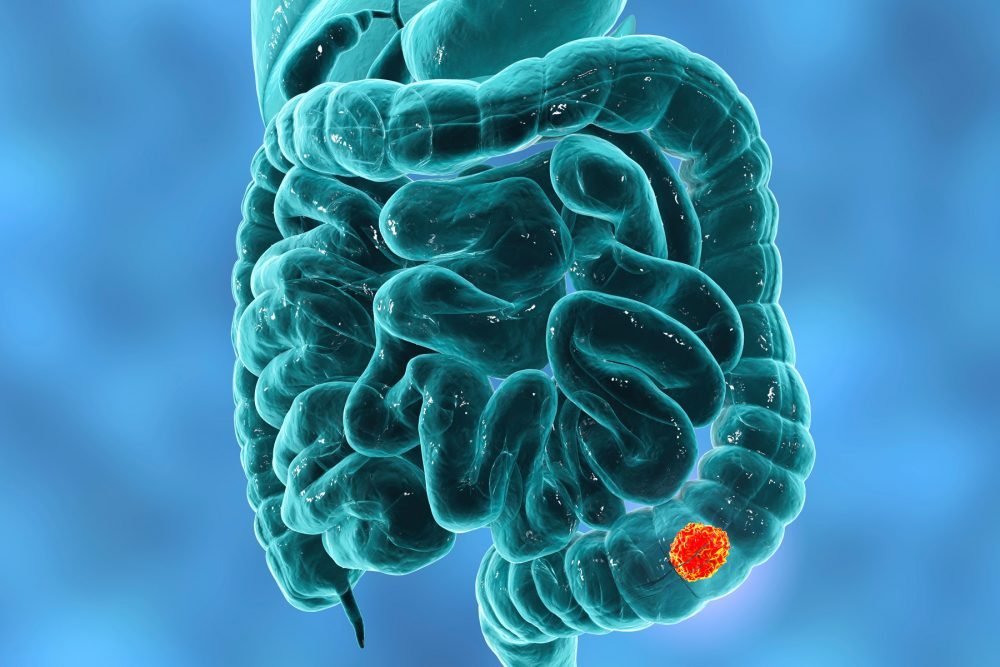Advertisment
Dostarlimab effective in rectal cancer subset

PD-1 blockade with adjuvant dostarlimab in mismatch repair–deficient, locally advanced rectal cancer shows signs of high efficacy, researchers reported on June 5, 2022 in the NEJM/ New England Journal of Medicine.
As background, the authors noted, “Neoadjuvant chemotherapy and radiation followed by surgical resection of the rectum is a standard treatment for locally advanced rectal cancer. A subset of rectal cancer is caused by a deficiency in mismatch repair. Because mismatch repair–deficient colorectal cancer is responsive to programmed death 1 (PD-1) blockade in the context of metastatic disease, it was hypothesized that checkpoint blockade could be effective in patients with mismatch repair–deficient, locally advanced rectal cancer.”
The investigators in the phase 2 trial administered dostarlimab every 3 weeks for 6 months to subjects with mismatch repair–deficient stage II or III rectal cancer. Those subjects who achieved a clinical complete response on dostarlimab therapy did not proceed without chemoradiotherapy and surgery.
The primary end points of the study were sustained clinical complete response at 12 months after completion of dostarlimab therapy, or pathological complete response after ending of dostarlimab, with or without chemoradiotherapy, as well as overall response to neoadjuvant dostarlimab therapy with or without chemoradiotherapy.
At the time of reporting of interim data in the NEJM, 12 subjects have completed treatment with dostarlimab, with at least 6 months of follow-up.
All 12 subjects achieved a clinical complete response, with no evidence of tumor on magnetic resonance imaging, F-fluorodeoxyglucose–positron-emission tomography, endoscopic evaluation, digital rectal examination, or biopsy.
“The responses in these first 12 of a planned-for 30 patients in the trial were remarkable and exceed what we would expect with the standard chemotherapy plus radiation,” said NEJM editorialist Helen Sanoff, MD, professor of medicine at the University of North Carolina in Chapel Hill. “Although quality of life measures have not been reported yet, it’s encouraging that some of the most difficult symptoms, such as pain and bleeding, all resolved with the use of dostarlimab.”
The authors concluded, “Mismatch repair–deficient, locally advanced rectal cancer was highly sensitive to single-agent PD-1 blockade. Longer follow-up is needed to assess the duration of response.”





